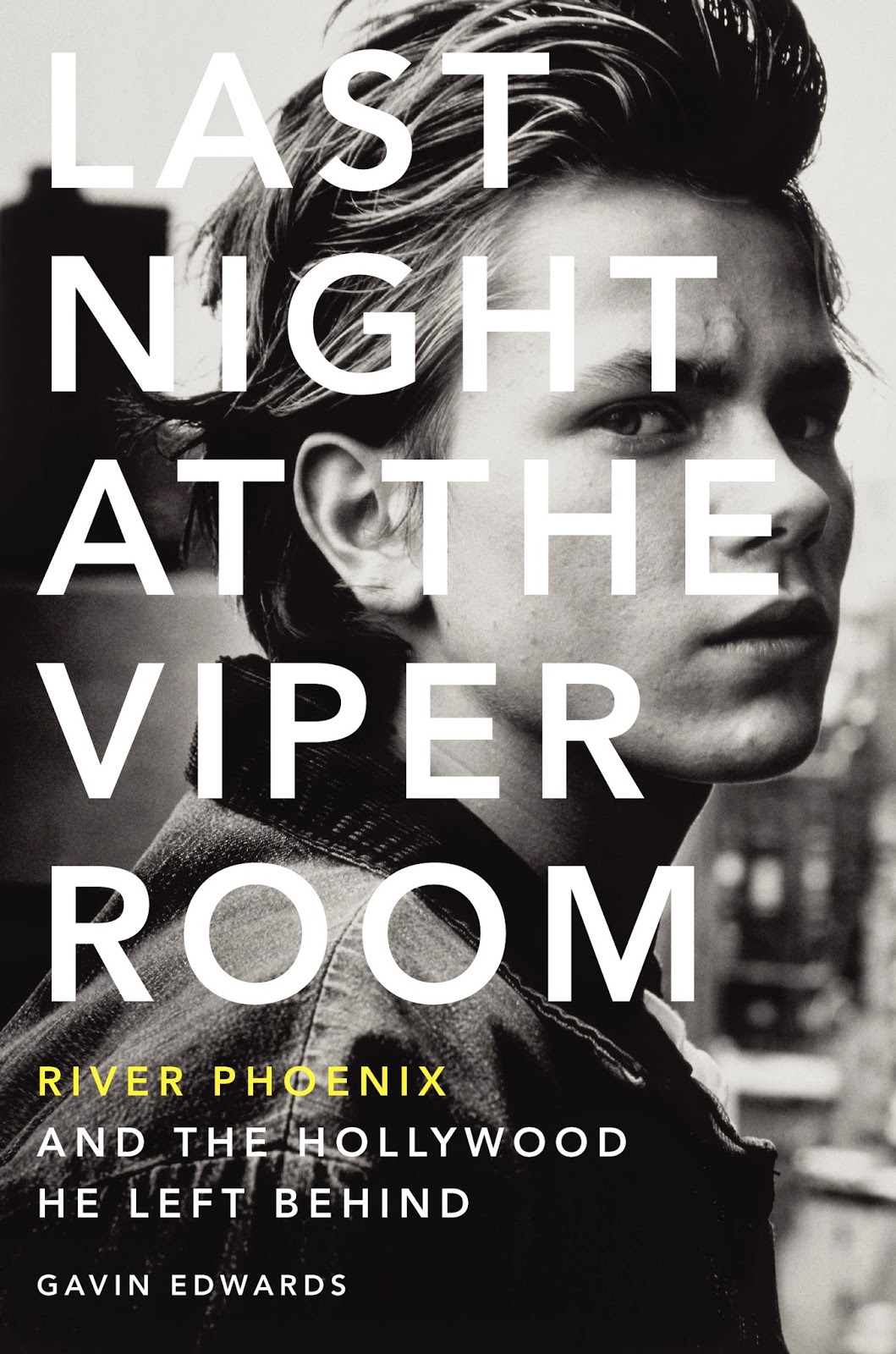In 1989, River Phoenix walked into a bar in Gainesville, Fla. and ordered a beer. He was 19 years old, but famous enough to skirt the state’s drinking age of 21.
Talk to anyone who spent time in that Florida college town in the late ’80s and they have a River Phoenix story, mostly involving an intense guy who played in a local college jam band called Aleka’s Attic, lived on a 17-acre compound with his family in nearby Micanopy. Music was his first love, but his second job, being a Hollywood celebrity, had him often commuting to movie sets.
It’s been 30 years since the release of Stand by Me, the ’50s nostalgia movie that made Phoenix a star. Initially, the film barely managed to make it to theaters due to a lack of distribution. Once it did, the reviews were deservedly rave and the movie took a place among the classics of the era.
Phoenix was 15 when he starred in the coming-of-age movie about four boys who find the body of a dead classmate. The script tenderly handles their travails along the way.
The movie’s acclaim put Phoenix in a league with his then emerging peers, which included Brad Pitt, Ethan Hawke and Leonardo DiCaprio.
Some thought Phoenix was the best among them.
“He was, without question, the best of that group of actors that came up at that time,” Richard Dreyfuss, who narrated Stand By Me, told Variety in July.
The movie cost $8 million to make and grossed $52 million. Phoenix was paid $50,000 for ten weeks of work. After agents and taxes, it came to a little over $20,000.
But the role boosted the asking price of Phoenix and his young co-stars, Wil Wheaton, Jerry O'Connell and Corey Feldman.
Of the four, only Phoenix had never been to acting school. He simply started doing it at the age of ten, abetted by his parents.
“I started acting through auditioning,” he said in an interview. “Trial by error, basically.”
By 1991, Phoenix had worked in a series of movies that had not come close to the artistic merit of Stand By Me. The Mosquito Coast, Running on Empty, I Love You To Death were standard Hollywood fare, hardly cementing Phoenix in the top tier.
Then with My Own Private Idaho, in which he co-starred next to Keanu Reeves as a male hustler, Phoenix showed he could do art as a semi-adult.
By the time Idaho hit in October 1991, Phoenix was doing interviews wearing shades in various states of consciousness in hotel suites. This indicates a problem of either substances or attitude. Twenty-one years old by then, he had no business dealing with either.
The dirty trick of the Phoenix saga and this month of October is that it has been 23 years since Phoenix died of a drug overdose in Hollywood in the early morning of Halloween, 1993.
He passed away on a sidewalk outside the celebrity playpen/dive bar Viper Room, drifting away after ingesting a liquefied speedball, handed to him by a friend, a never-officially-named guitarist in a Los Angeles band.
No one should need to be reminded that fame is both fleeting and often
deadly. Check YouTube for the interviews that give away his deterioration.
A terrific book on the Phoenix episode, Last Night at the Viper Room: River Phoenix and the Hollywood He Left Behind, walks the reader through the life of the fated actor, wrapping it in a time capsule of the era and providing a cursory overview of how celebrity affects young people.
Written by former Details magazine writer Gavin Edwards, the 2013 book, recently released in paperback, is a well-researched gathering of sources with a few original interviews tossed in. From his pre-fame childhood, aimlessly traveling with his vegan, hippie parents and siblings, to his final minutes alive on an L.A. sidewalk, the book helps illuminate the young actor’s mind frame and downward spiral.
In most cases, it’s easy to realize that without the excess, there would have been no great art. It’s like imagining Keith Richards without the heroin, or Peter O’Toole without the booze, or John Belushi without the pharmacy. None would have been as great without the crutch.
For Phoenix, the challenge was age old – mixing his lack of life experience with an industry that devours souls.
“I’ll do okay if I stay real, if I, ah, you know, remember we’re all just flesh and water,” he told an interviewer in 1988. He lifted his hands, first one and then the other, as if to show balance.
He was 18 when he said that. “Easier said than done” is something he didn’t know. When you grow up that fast, things tend to fall apart just as quickly.
“People wish that River’s narrative had a different ending,” Edwards wrote in wrapping up Last Night. “He survives his bad night at the Viper room, but the experience scares him straight and he matures into one of our finest actors.”
Where to buy the book:
Last Night at the Viper Room: River Phoenix and the Hollywood He Left Behind
by Gavin Edwards
Available at Schuler Books, 2660 28th St SE, Grand Rapids





